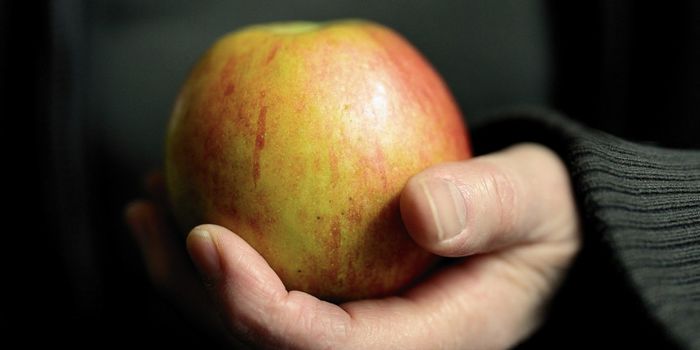Mediterranean Diet Reduces Risk of Prostate Cancer
It seems like every day, we learn something new (and positive) about the Mediterranean diet and associated lifestyle habits: it’s good for heart health, it’s good for brain health, and so on. And now, there doesn’t seem to be much mystery as to why: Mediterranean patterns of eating cut out processed foods and prioritize fruits, vegetables, fish, and nuts. These foods are high in fiber, healthy mono and polyunsaturated fats, and rich in antioxidants. Combined, these foods have been shown to reduce inflammation, which can have a number of beneficial health benefits.
A team of researchers at the University of South Australia recently found another health benefit to add to the Mediterranean diet’s never-ending list of benefits: preventing prostate cancer and potentially increasing recovery time in men following radiation therapy. The team describes results from a study of people with and without prostate cancer in two recent articles published in Cancers.
As part of the study, researchers collected blood plasma samples from both a health control group and men with prostate cancer. They noted that when compared to the health group the group with prostate cancer had higher levels of iron, sulfur, and calcium. They also had significantly lower levels of lutein, lycopene, alpha-carotene, and selenium.
Notably, lower levels of lycopene and selenium were noted in blood plasma samples from men with prostate cancer following radiation therapy, due to DNA damage. Lower levels of lycopene and selenium were also associated with a higher risk of developing prostate cancer and a longer recovery time after radiation exposure.
Enter the Mediterranean diet. There are plenty of foods that are able to supply the body with these necessary nutrients, and many of them happen to be part of a Mediterranean pattern of eating. For example, lycopene-rich foods include tomatoes, grapes, and watermelons, while fish and nuts contain selenium.
Prostate cancer remains a leading cause of cancer death among men. These new studies shed some light on the connection between nutrition, cancer, and cancer treatment, which could lead to more effective nutritional therapy for men with prostate cancer.
Sources: Science Daily; Cancers








